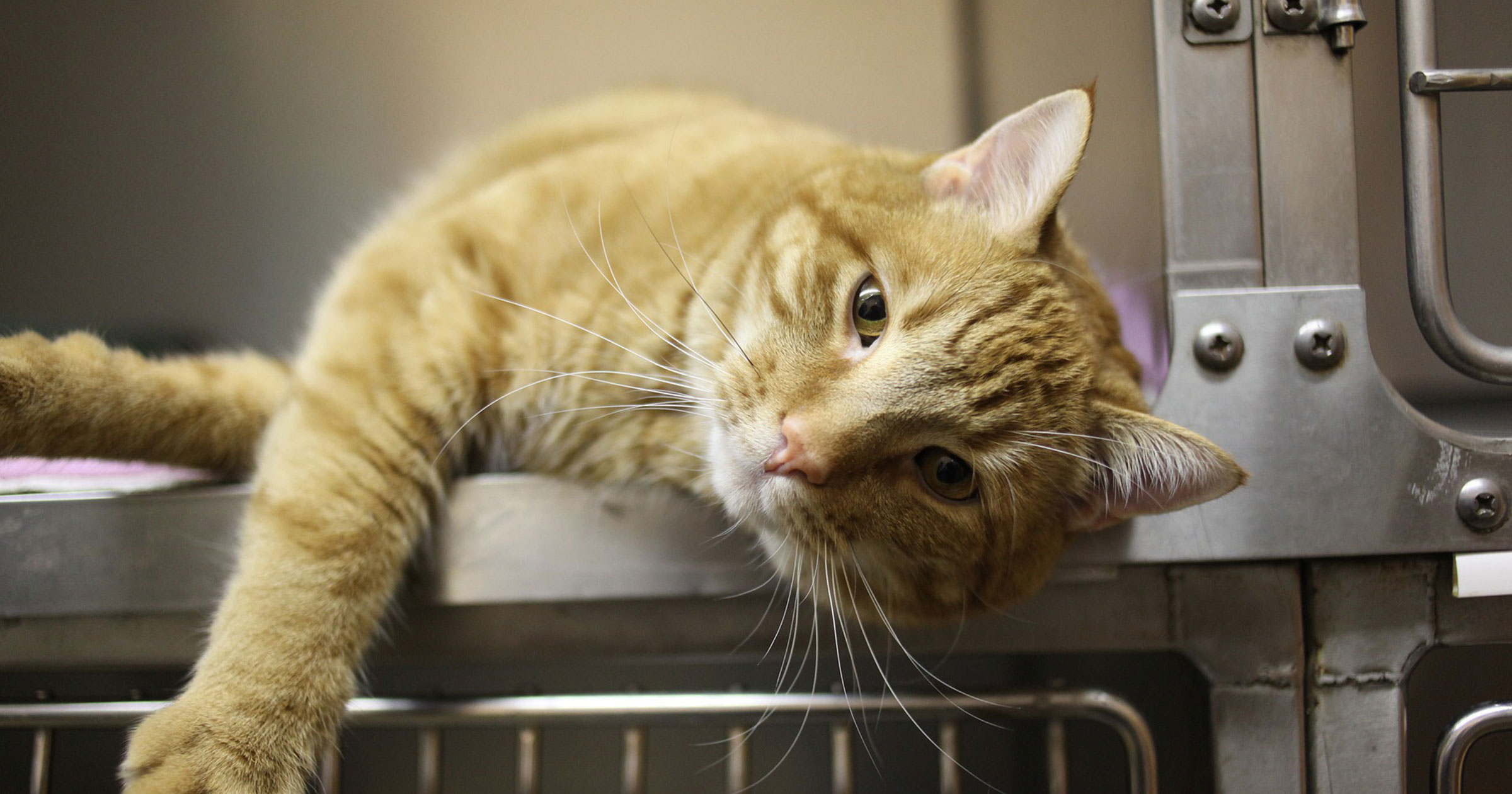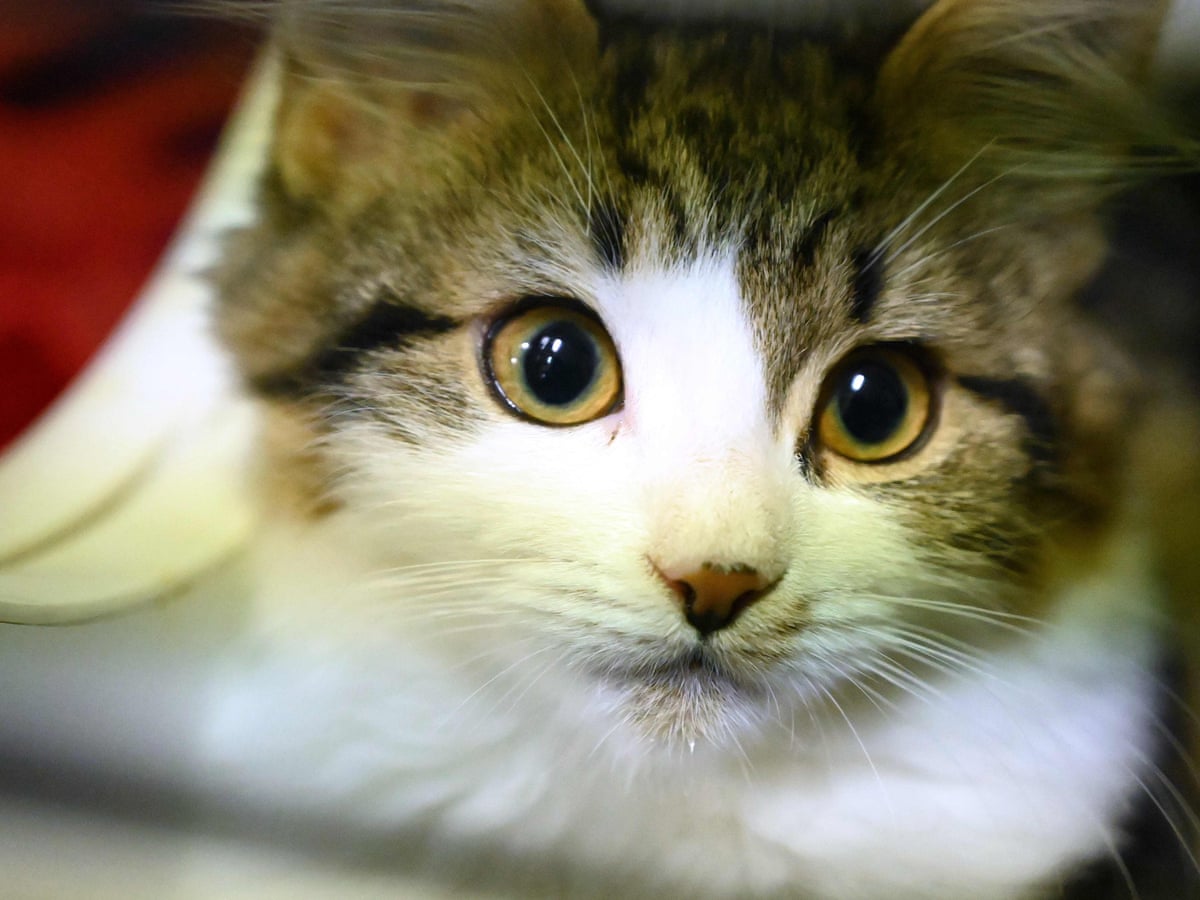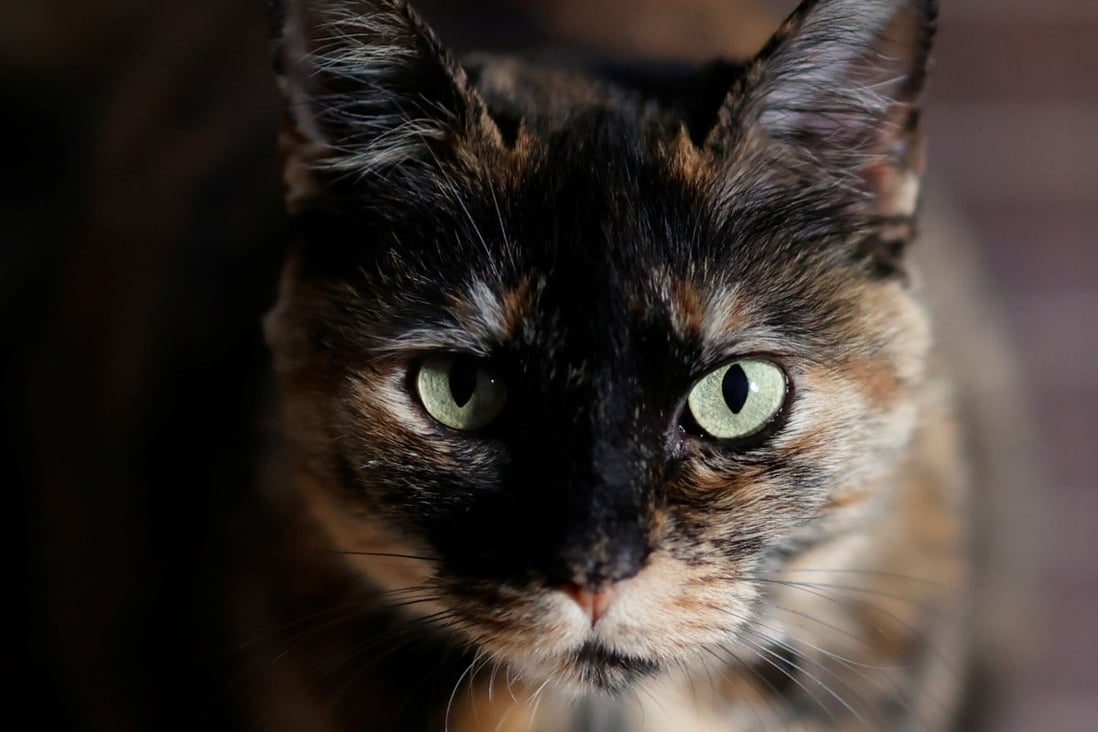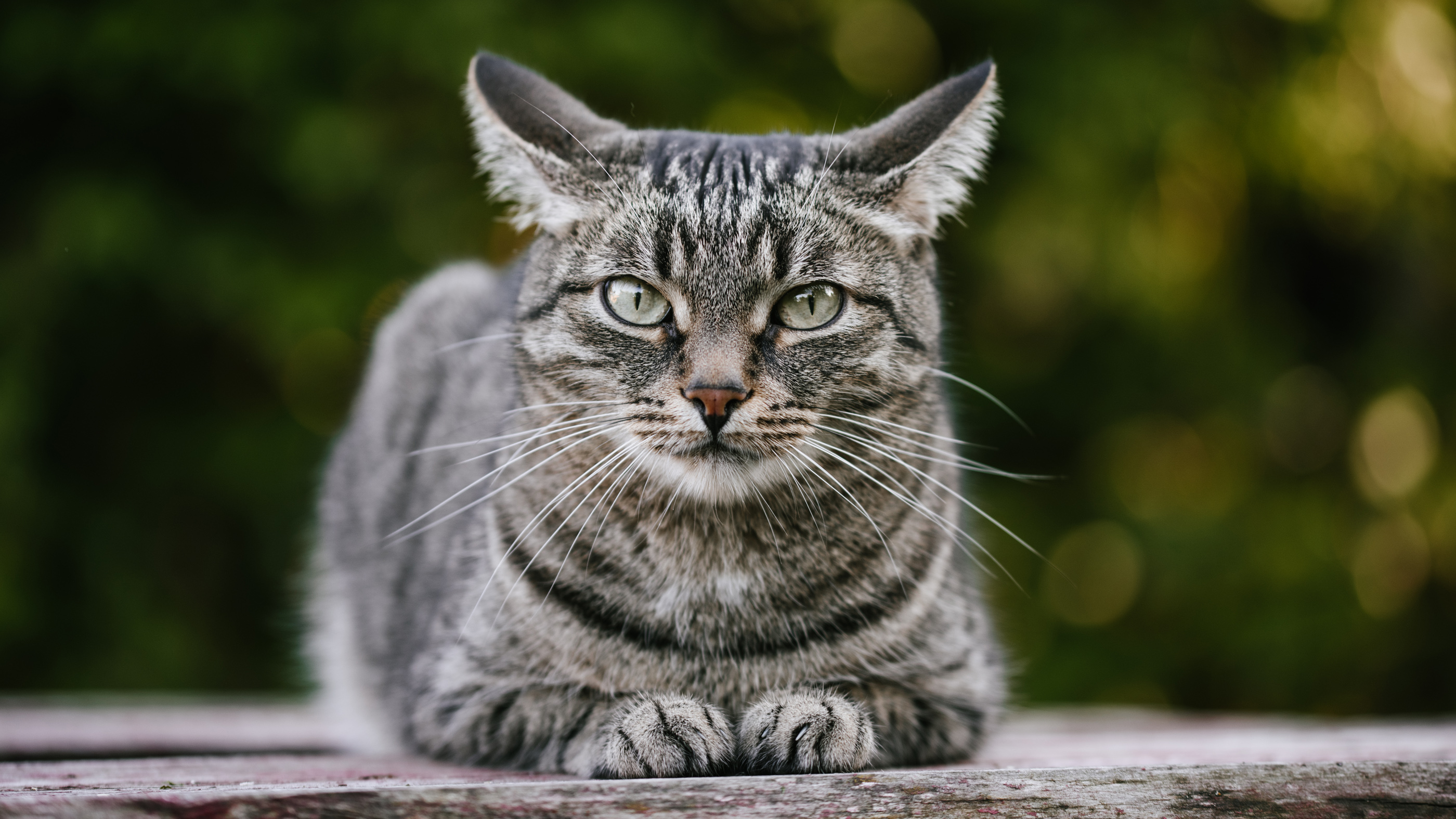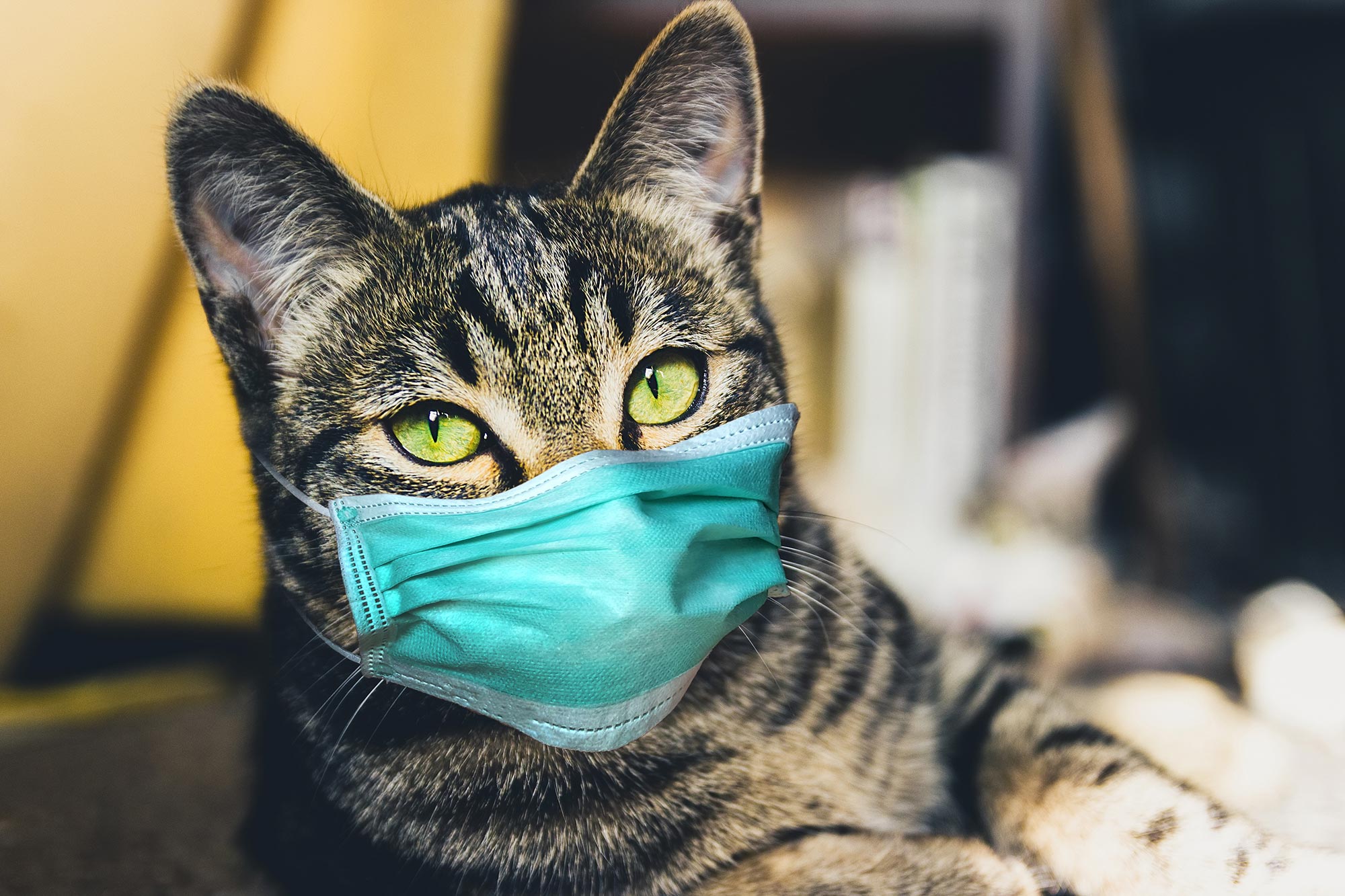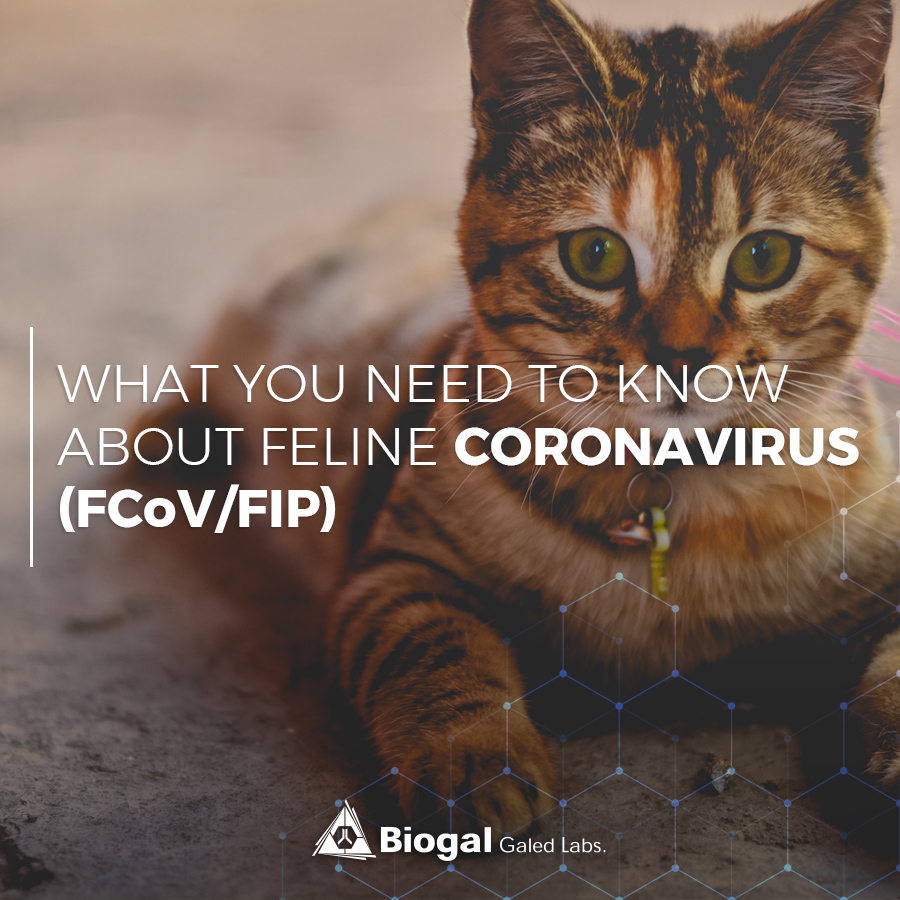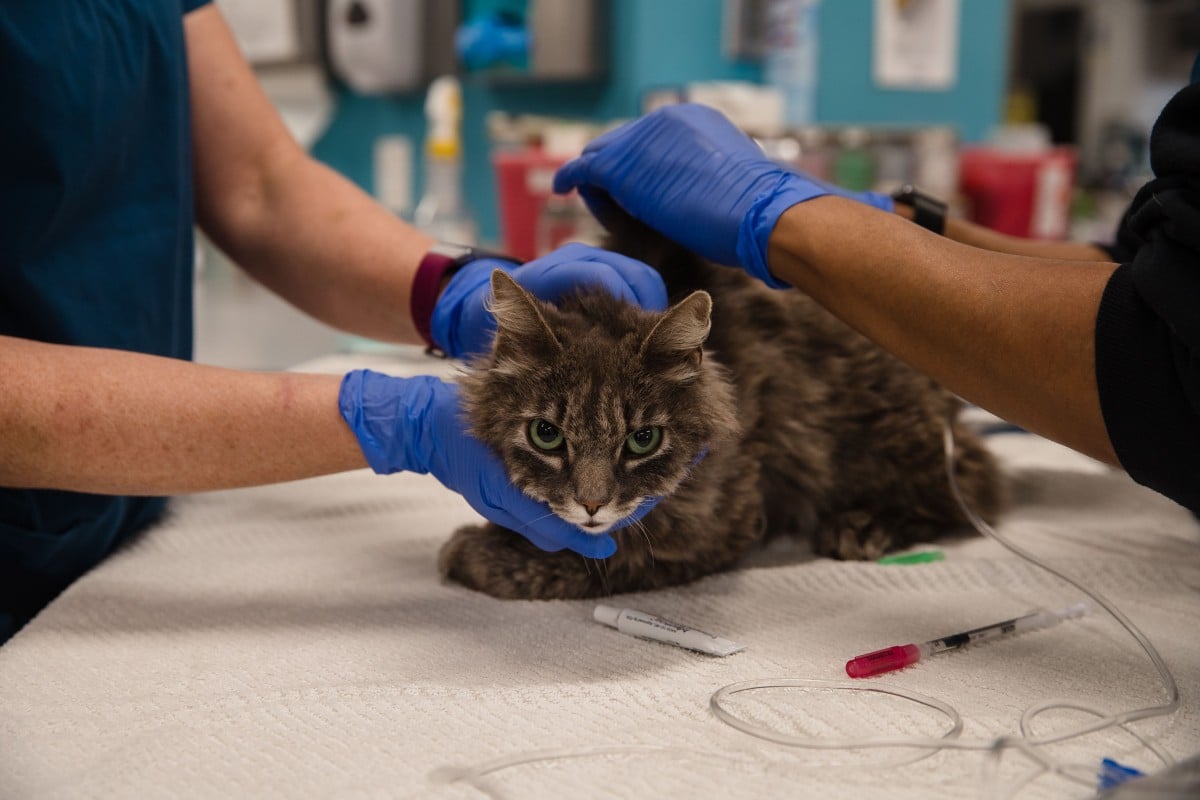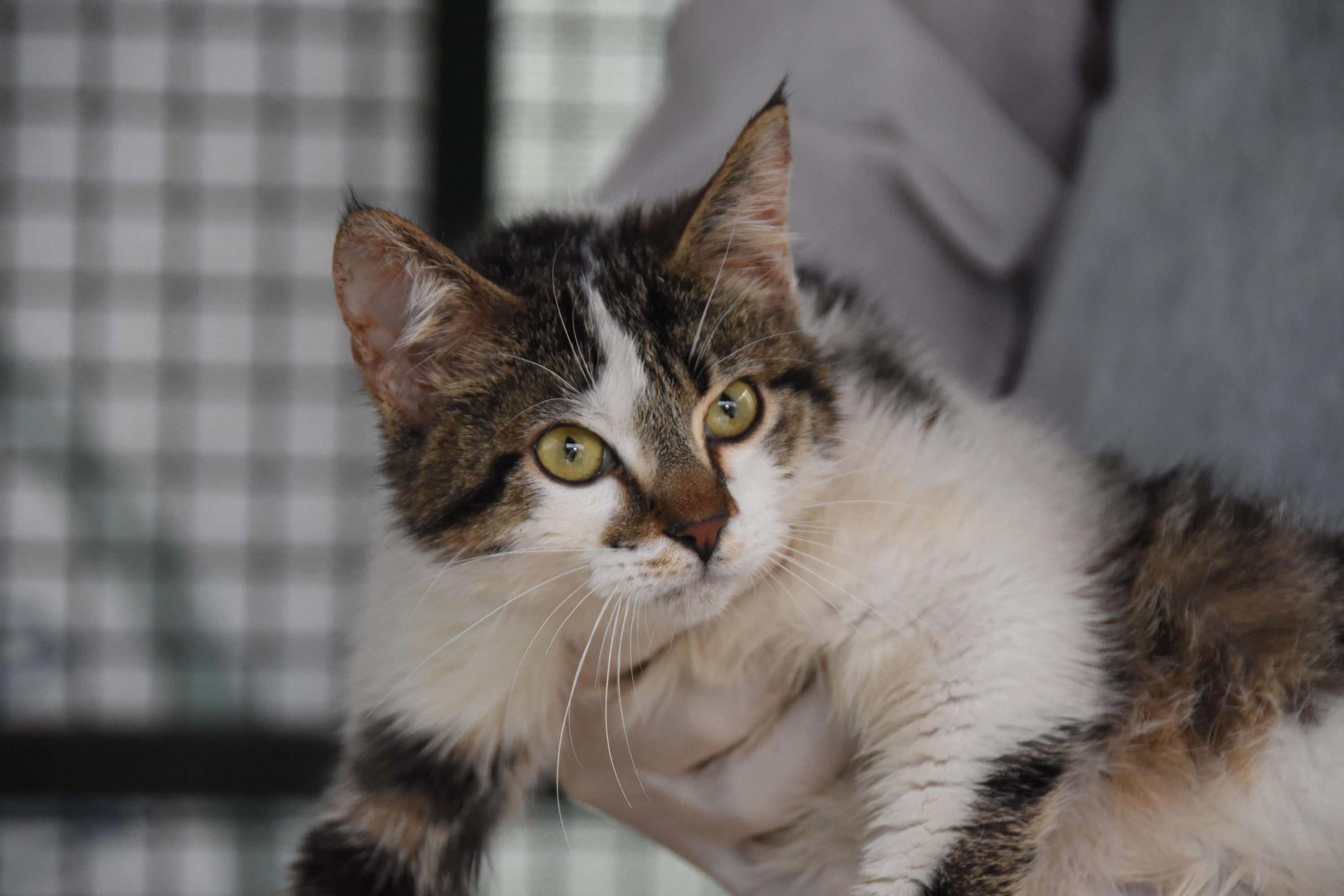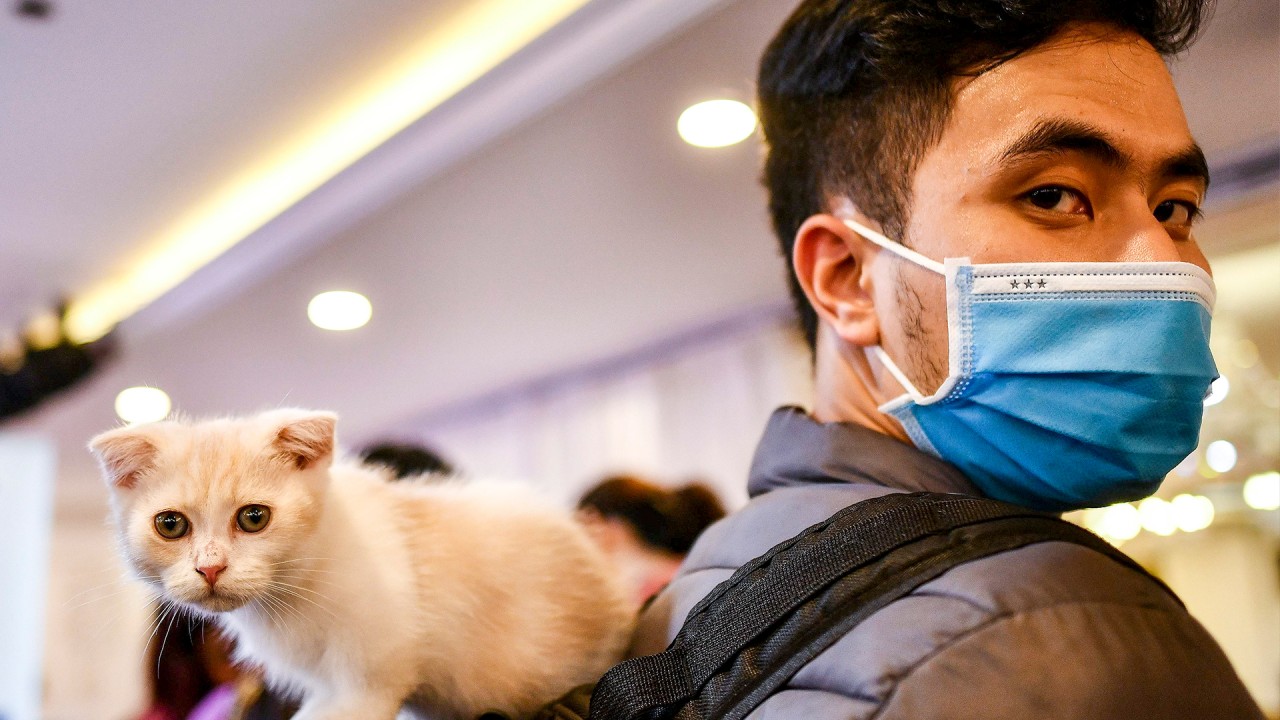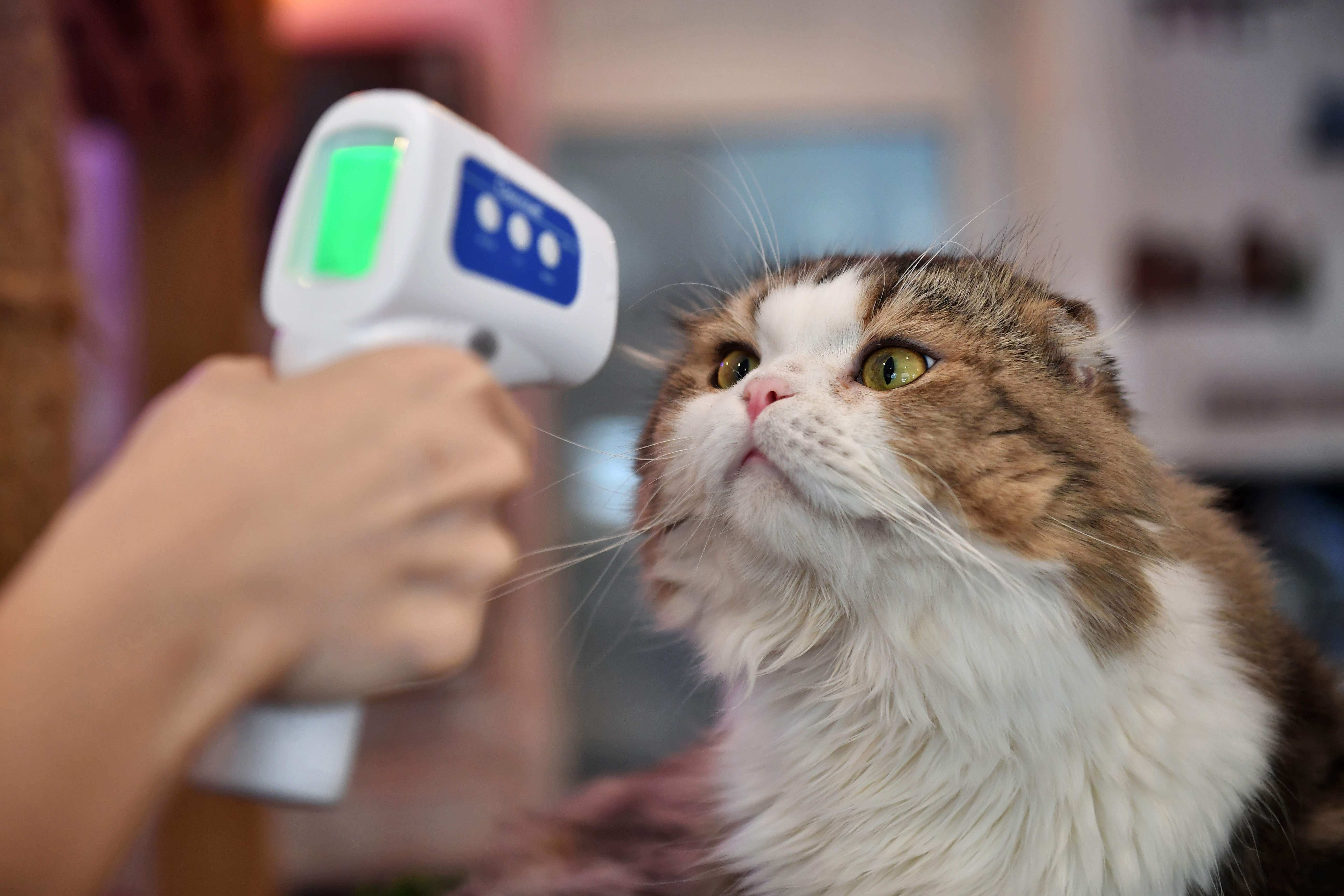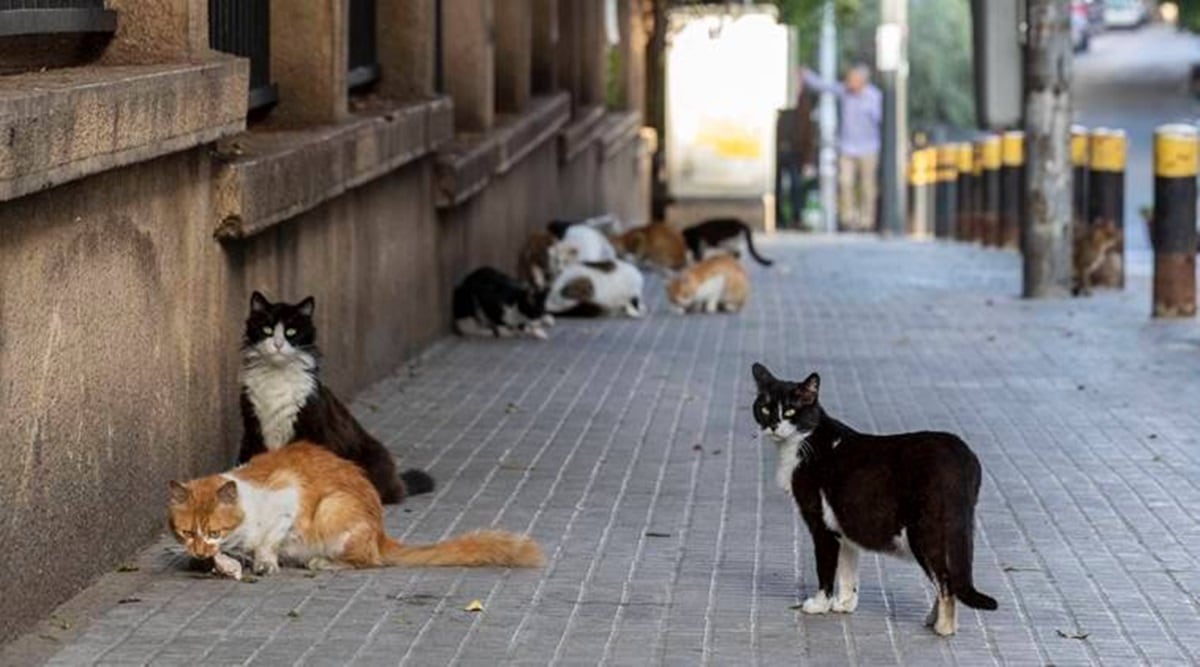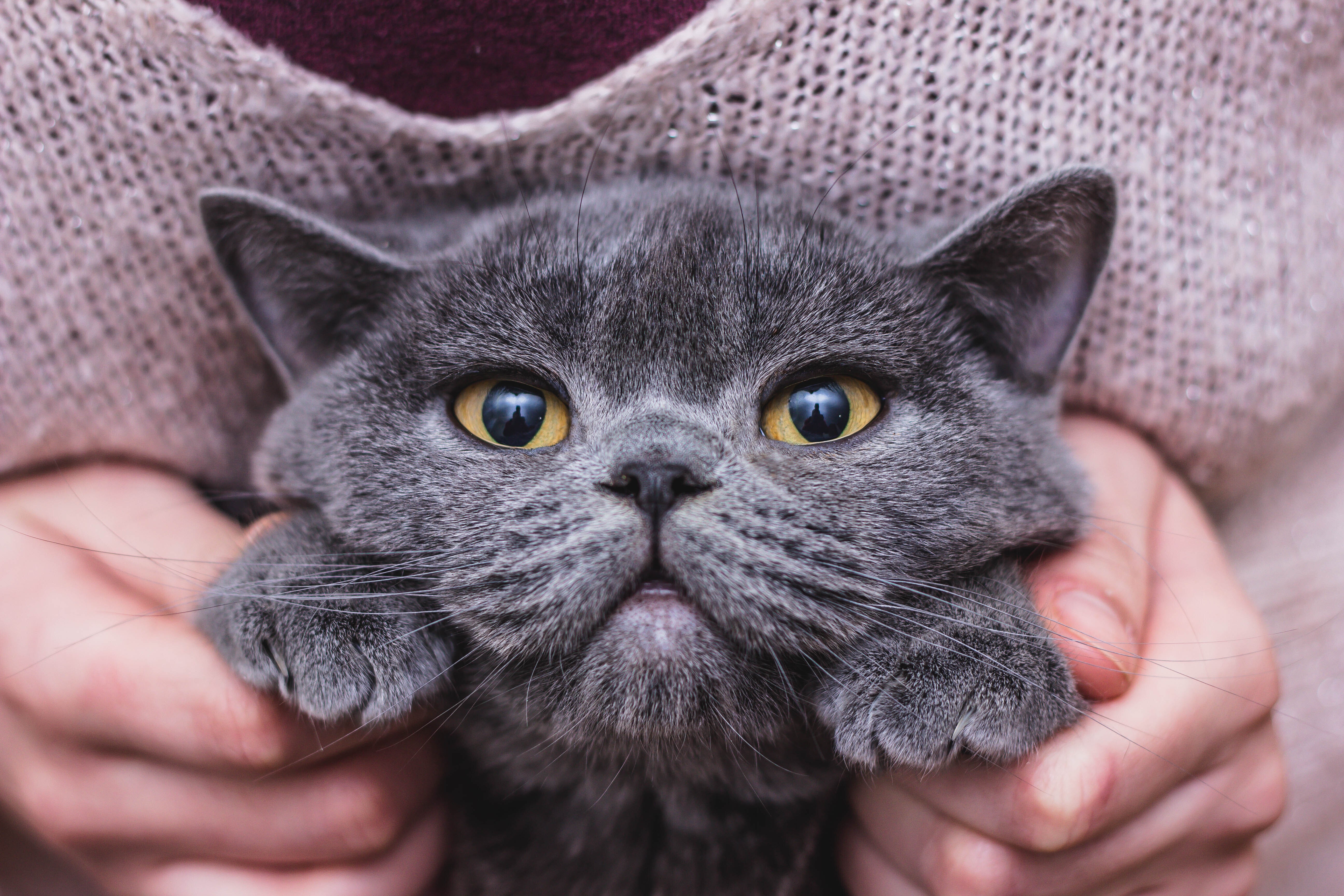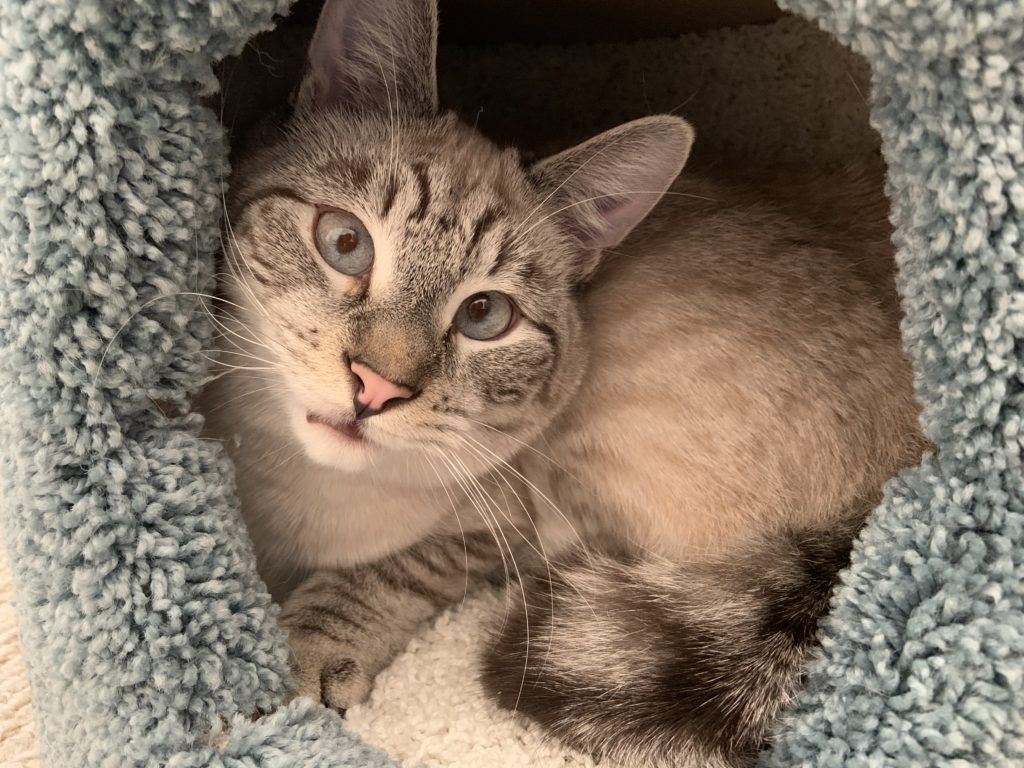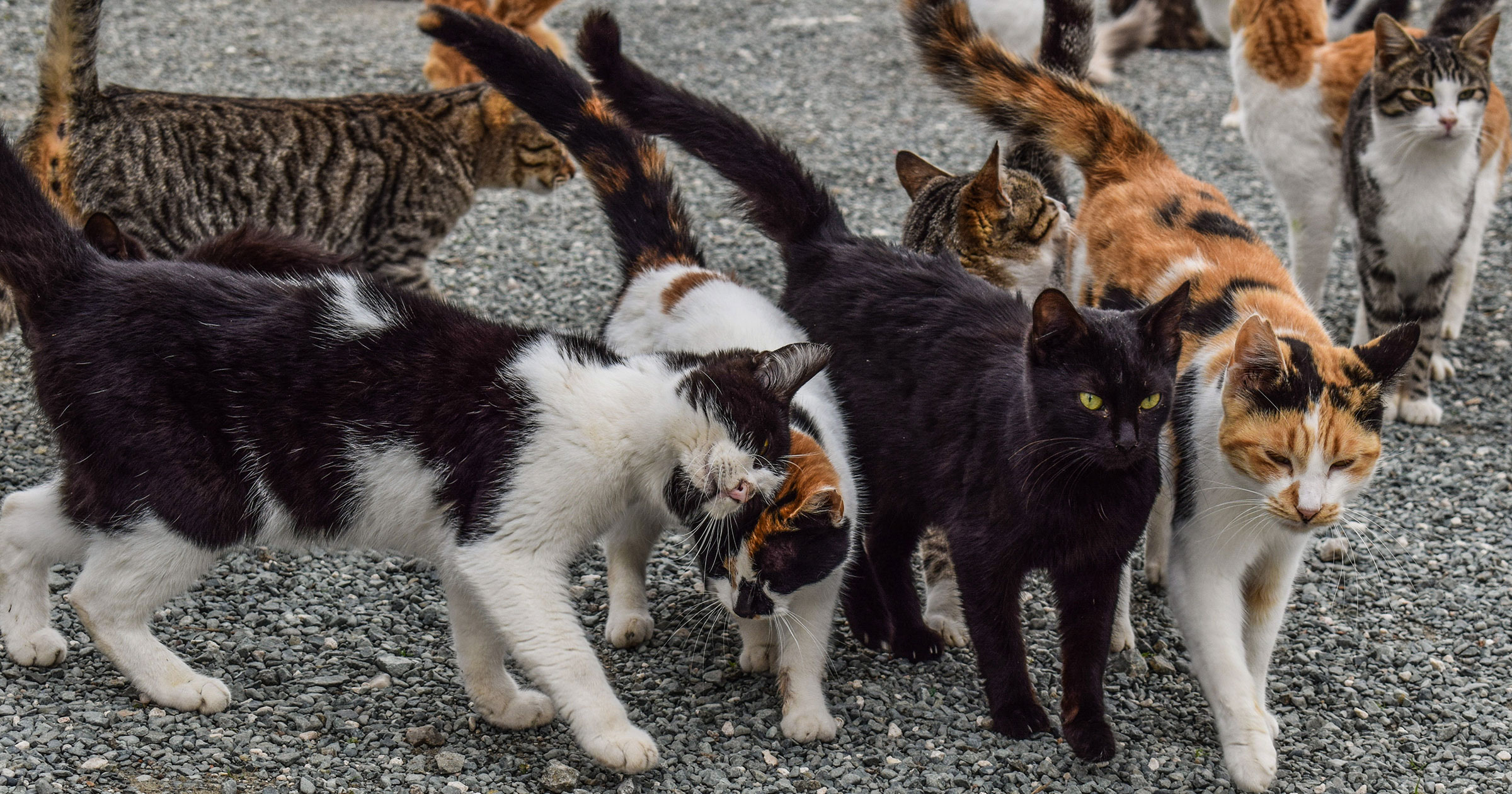Cats And Coronavirus Symptoms
This infection can affect the brain liver kidneys lungs and skin.
Cats and coronavirus symptoms. None of them died. All 11 pets that underwent a second round of tests after another 1 to 3 weeks tested positive for antibodies and 3 cats still were positive for COVID-19. Our pets are different from us so its not surprising their coronavirus tests differ too.
In some cases cats will also have excessive thirst and urination vomiting weight loss and jaundice. Feline Coronavirus FCoV is a common viral infection in cats. If possible keep your cat indoors if they are happy to be kept indoors.
What is Feline Coronavirus or FCoV. FCoV is a common and contagious virus which is passed in the faeces of cats. Experts advise coronavirus-infected households to keep their pet cats indoors.
Most of these animals became infected after contact with people with COVID-19 including owners caretakers or others who were in close contact. As yet poorly understood changes in the virus can give rise to mutants that lead to the development of feline infectious peritonitis FIP. It generally causes asymptomatic infection but can cause mild diarrhea.
Symptoms of coronavirus in cats. Cats appear to be at least mildly susceptible to COVID-19. What clinical signs do infected cats show.
If youve been diagnosed with are suspected of having or are displaying characteristic symptoms of coronavirus COVID-19 it is advisable to minimise the amount of time your cat spends outdoors unsupervised. The majority of cases were mild and only 20 percent of dogs and 30 percent of cats had symptoms. It is more commonly found in multi-cat households and does not affect.

